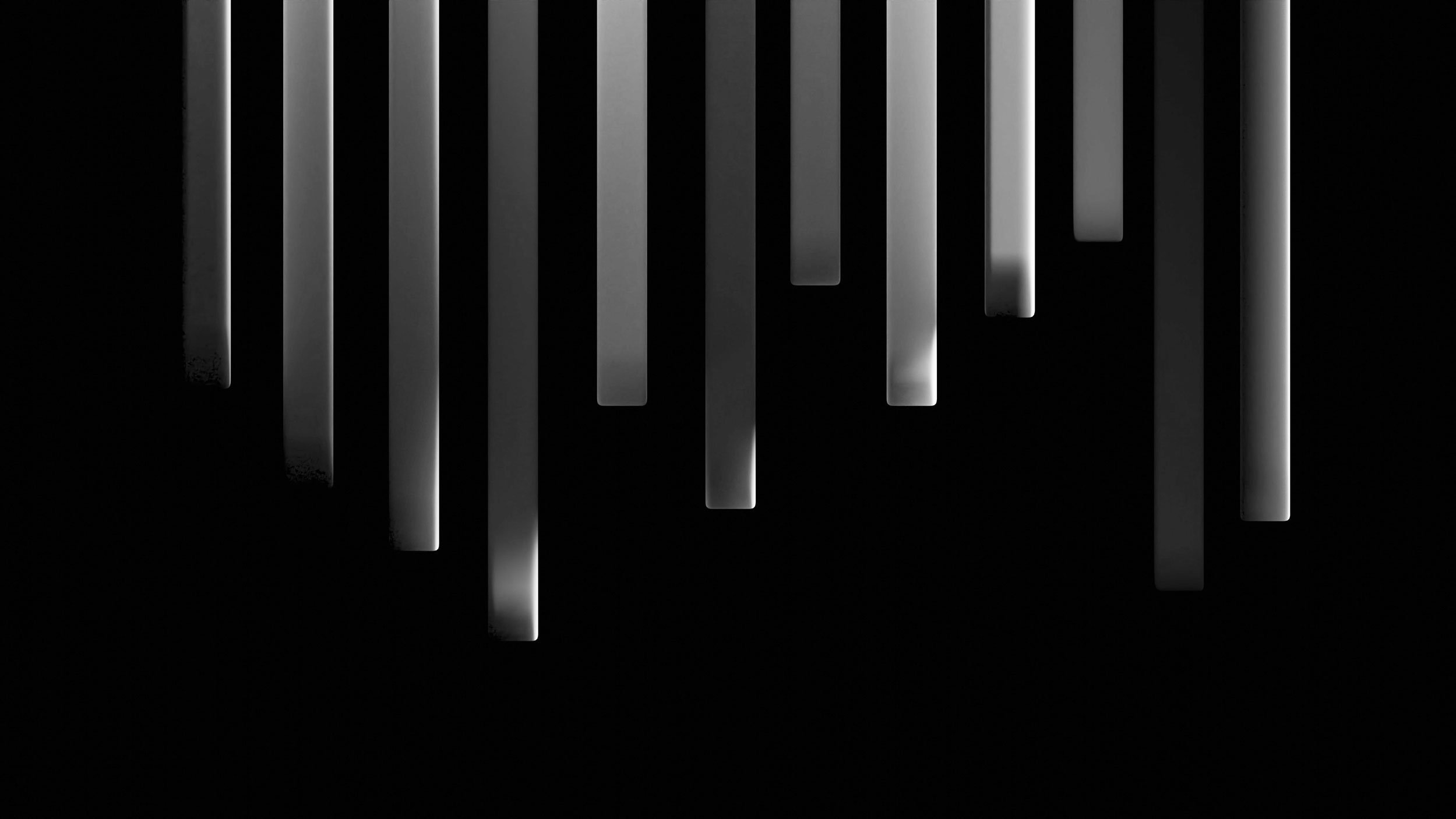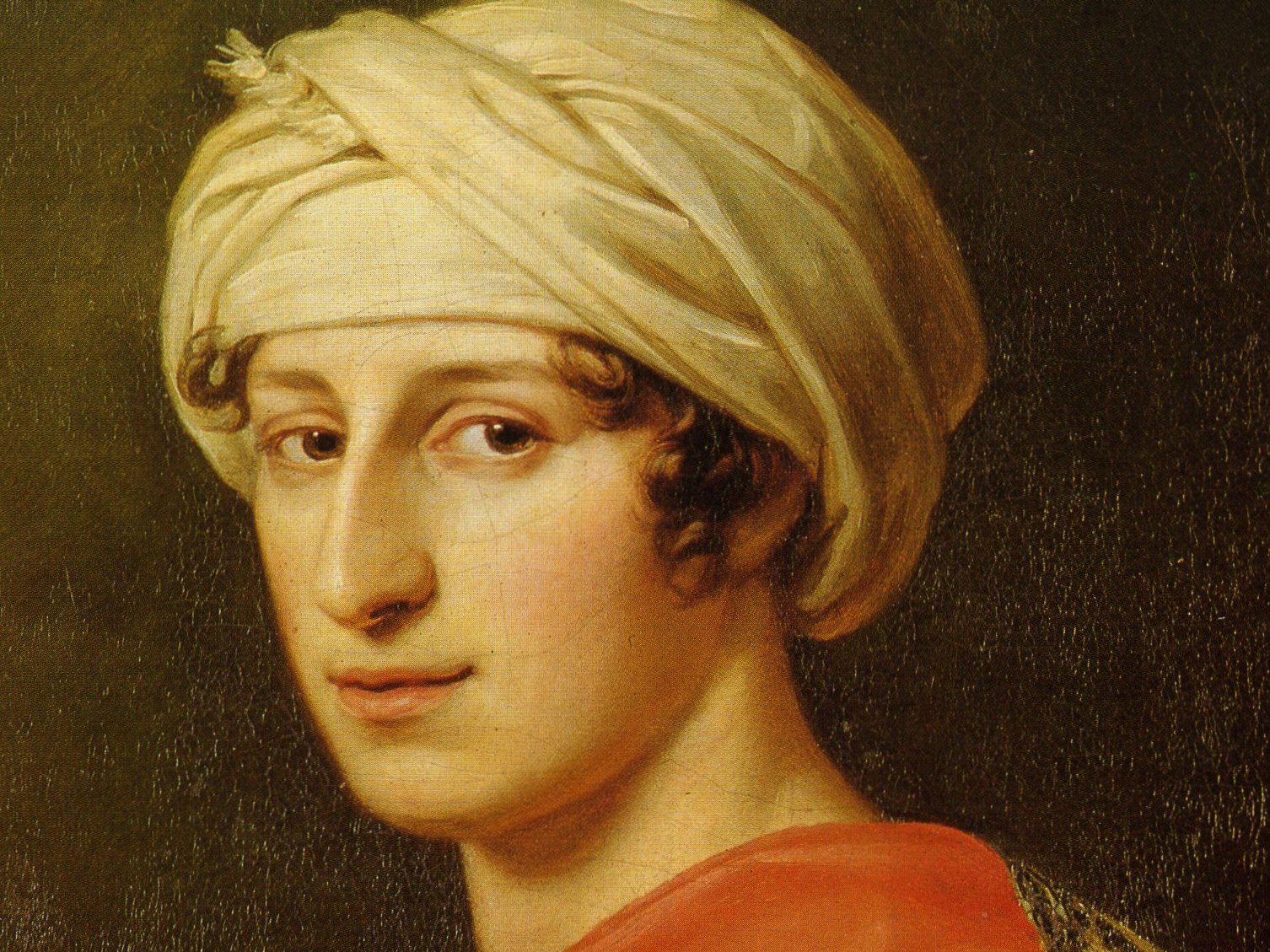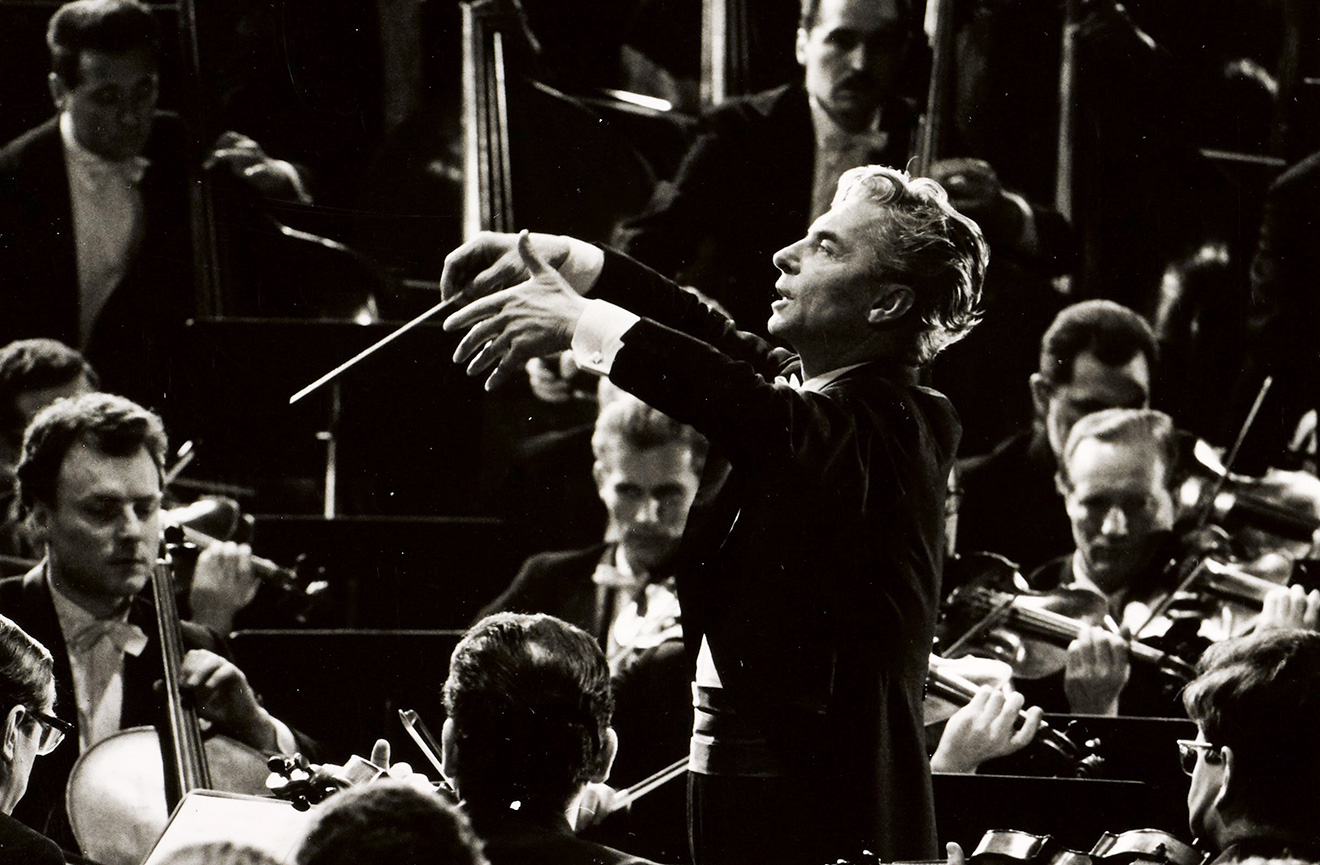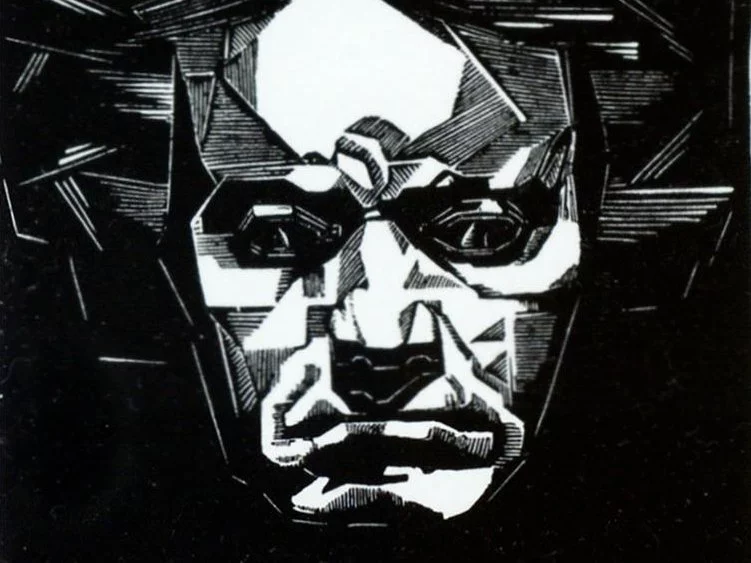
Ludwig van Beethoven was a piano prodigy; he enjoyed the greatest successes of his early career as a pianist. Because of this, he composed mainly for himself. However, as his hearing deteriorated, this changed.
Born into a family of musicians, Ludwig van Beethoven was surrounded by music from his earliest days. He received his first keyboard lessons at the age of five - on the clavichord, since the “modern” piano had not yet been invented. Given his father’s harsh educational methods, the surprising thing is that he didn’t quickly lose interest in music. If he ever made a mistake, Johann van Beethoven punished him with a slap, or locked him in the cellar. Sometimes he dragged the sleeping Ludwig out of bed at night, and forced him to play tortuous exercises for hours. Nevertheless, the young Beethoven was quickly recognised as a piano prodigy: he gave his first public concert at the age of seven, and performed at the court of the Prince of Orange-Nassau in The Hague when he was twelve.
When Beethoven moved to Vienna in 1792, he caused a sensation as a pianist. He was lauded “for his exceptional speed” and “for the extraordinary difficulties he mastered with such ease”. With his lightning-fast keyboard wizardry, Beethoven soon became a favourite of high society. People clamoured for his services and rewarded him handsomely, even with annual pensions and horses – perhaps one of the reasons that Beethoven developed certain airs and graces. On one occasion, he was lounging on the sofa in Countess von Thun’s parlour; she threw herself to her knees and begged him to play something for her. Beethoven stubbornly refused to play.
Until 1807, he composed most of his piano works for himself. But when Beethoven’s hearing deteriorated to such an extent that he could no longer hear what he was performing or how he was performing it, he stopped writing for himself. His last major performance at an Akademie, as concerts for the general public were called at the time, was the premiere of his Fourth Piano Concerto at the Theater an der Wien on 22 December 1808. It was a farewell – but fortunately, Beethoven continued to compose for the piano.

Who was Beethoven’s “Immortal Beloved”?
Beethoven dedicated the first print of his Seventh Symphony to Antonie Brentano. Was she perhaps his “Immortal Beloved”? To this day, the mystery has not been completely resolved.

Symphonic lighthouse
Beethoven’s Ninth and the Berliner Philharmoniker: a retrospective

Works by Beethoven in the Digital Concert Hall
From the great symphonies to the piano concerto: discover Beethoven with the Berliner Philharmoniker!